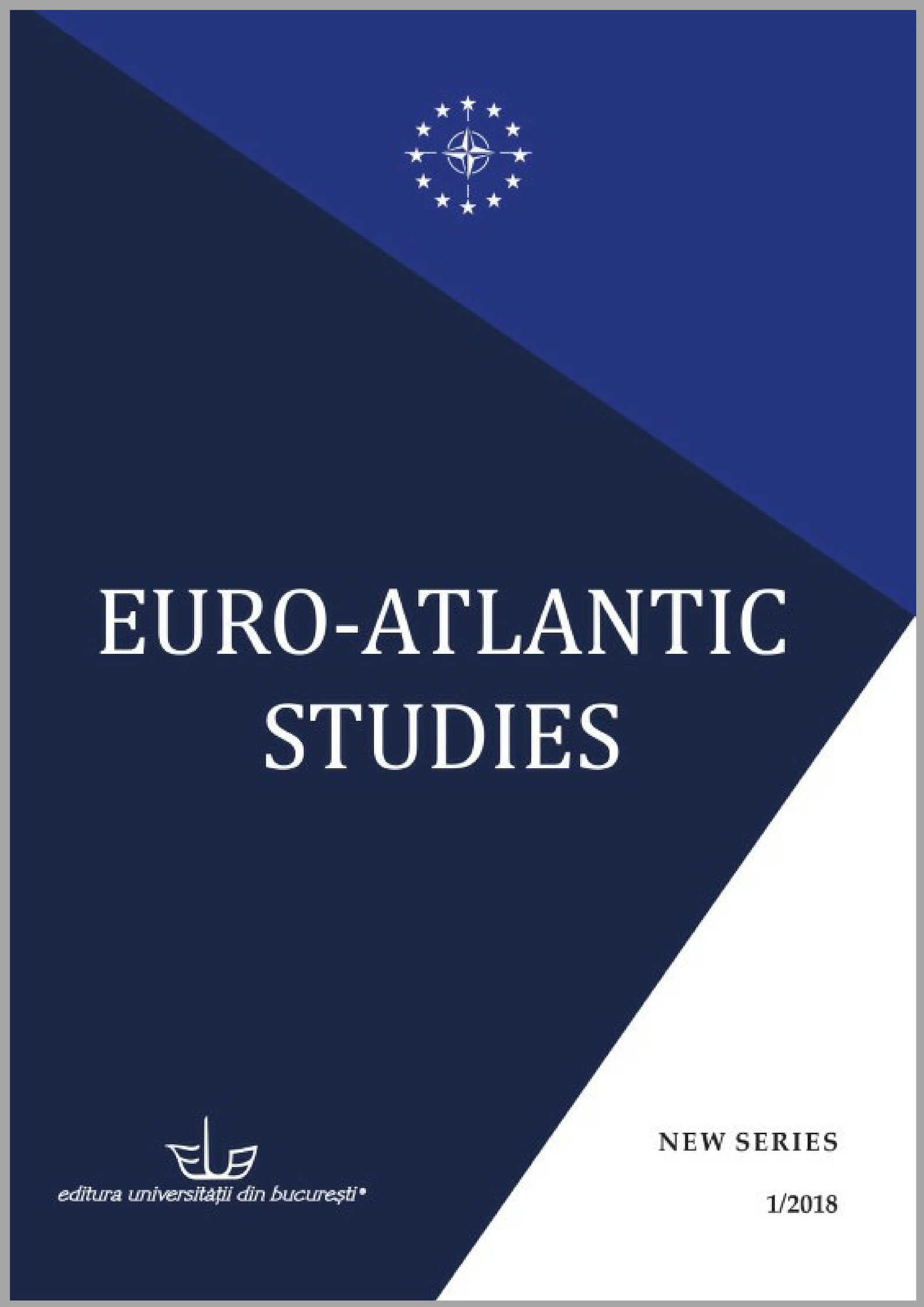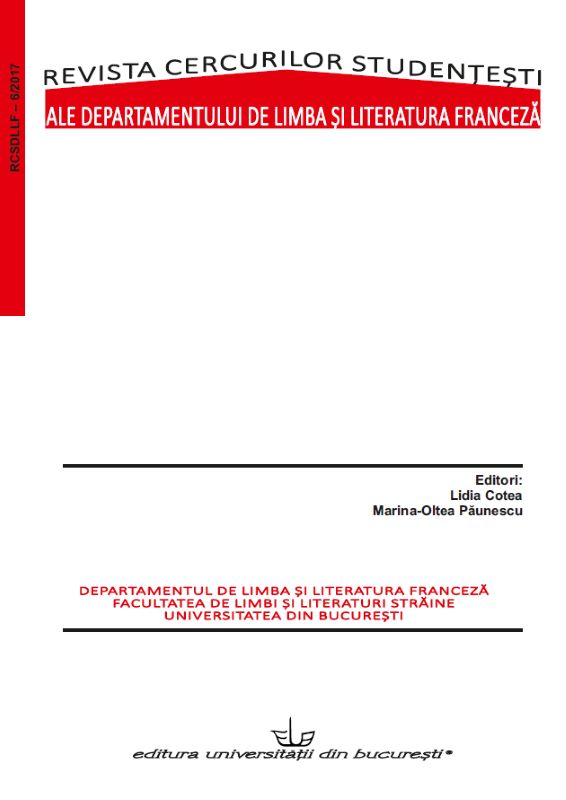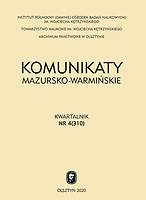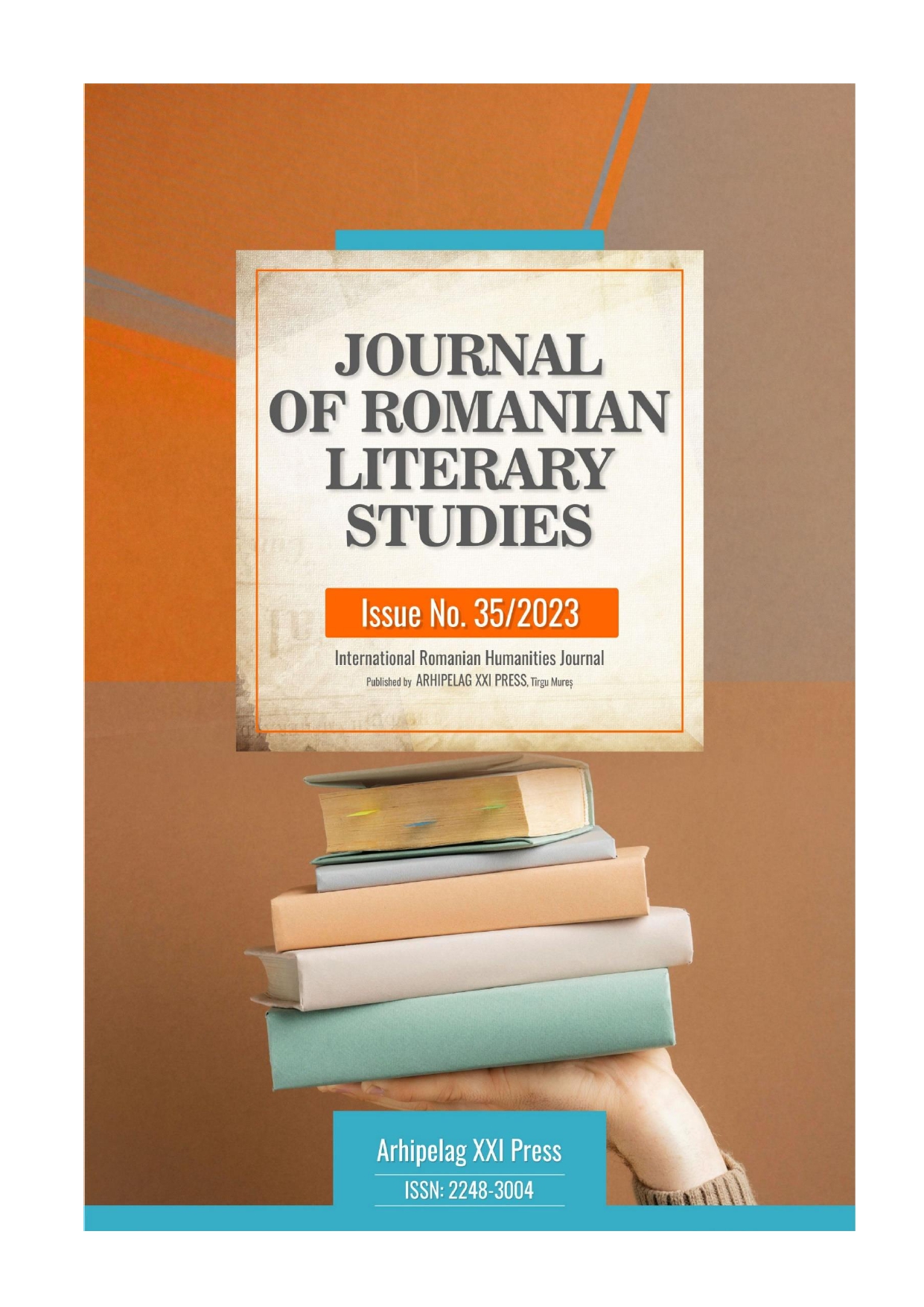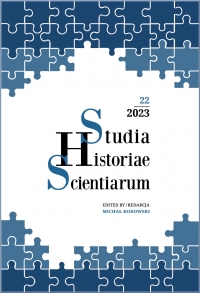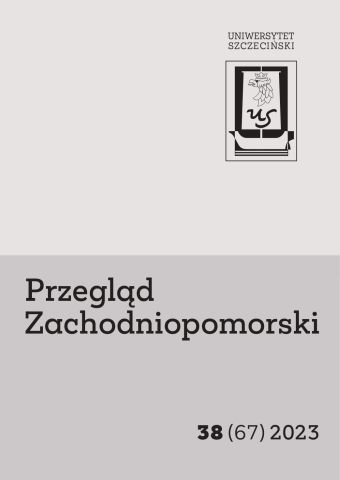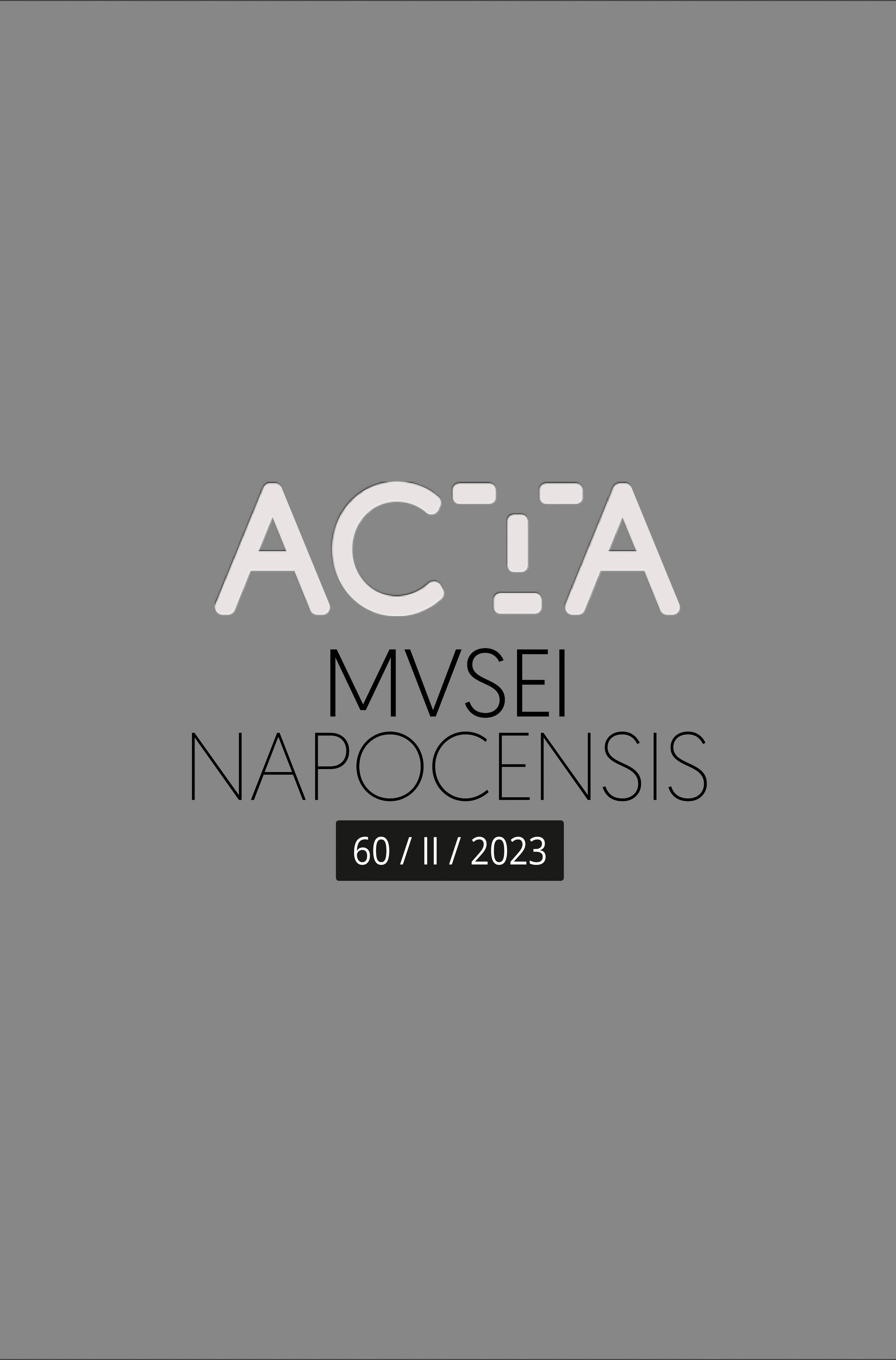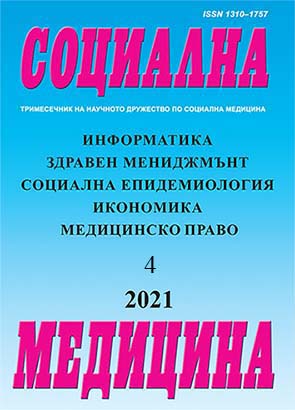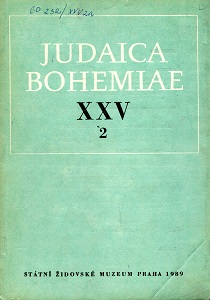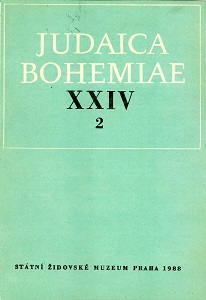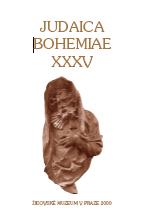
The Prague Jewish Community in the Late 17th and Early 18th Centuries
The story of the immigration of a large group of Ashkenazic Jews to Eretz Yisrael in 1700 and their experience there until 1720 is undoubtedly a major episode in the history of Jewish resettlement in Palestine. The mere fact that until modern times it was the largest group of immigrants since the destruction of the First Temple is of interest. This venture, inspired by Messianic expectations, meant a lot for the Ashkenazic Diaspora too. A more detailed study and assessment of these events in Central and Eastern Europe, however, is difficult to undertake due to one objective and one subjective factor - the former is a loss of most sources of Jewish origin predominantly in the first half of the 18th century and the latter is a lack of attention paid to ”non-Jewish” sources deposited in the archives of secular and church institutions.
More...
